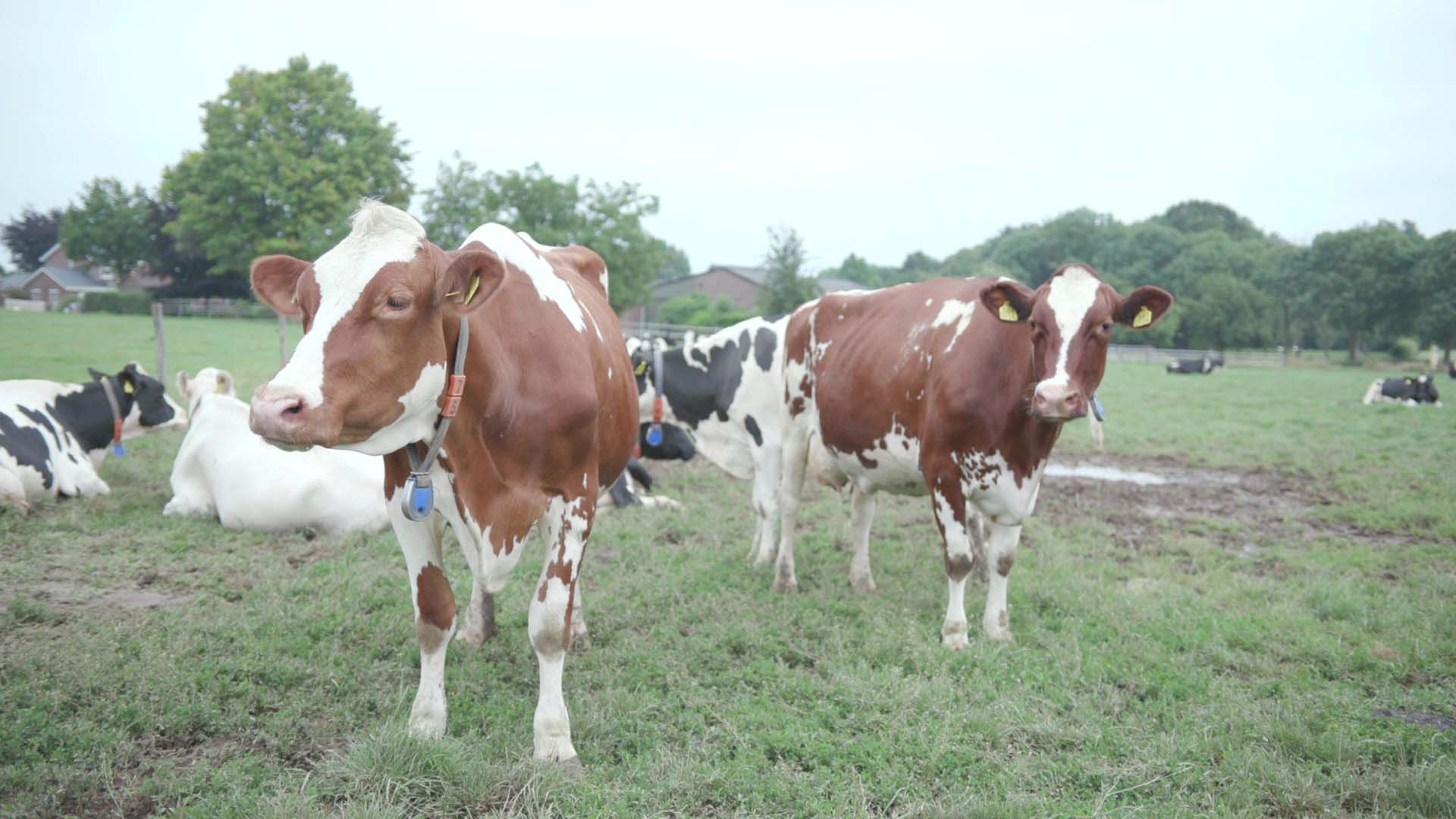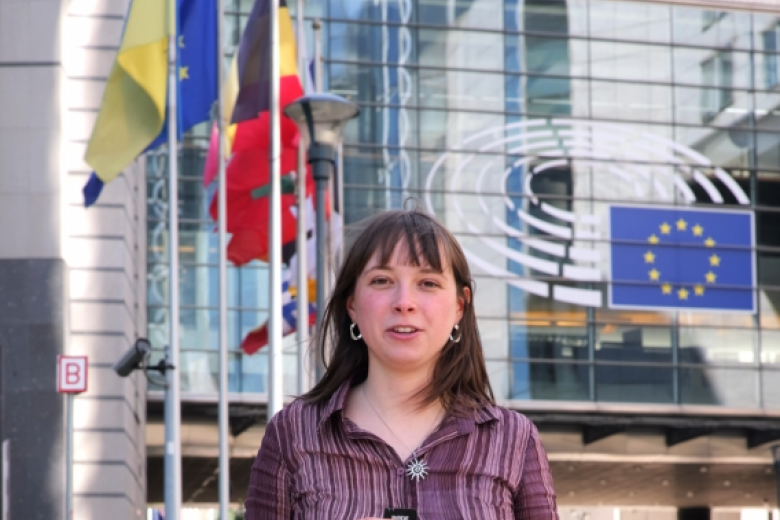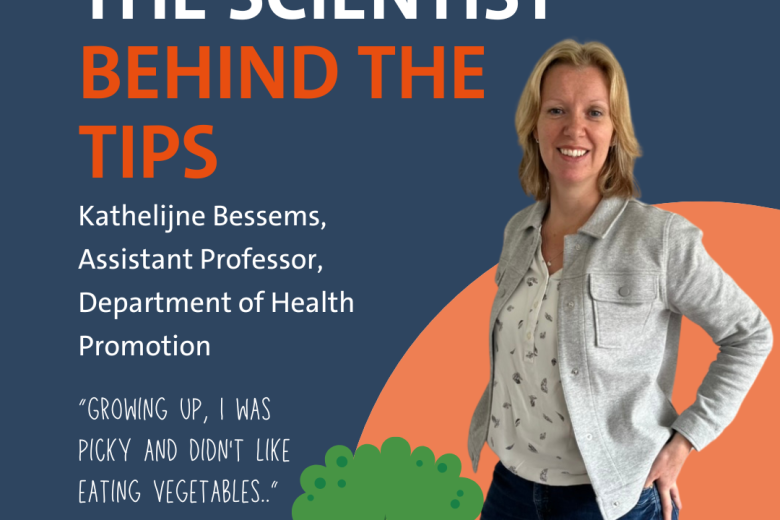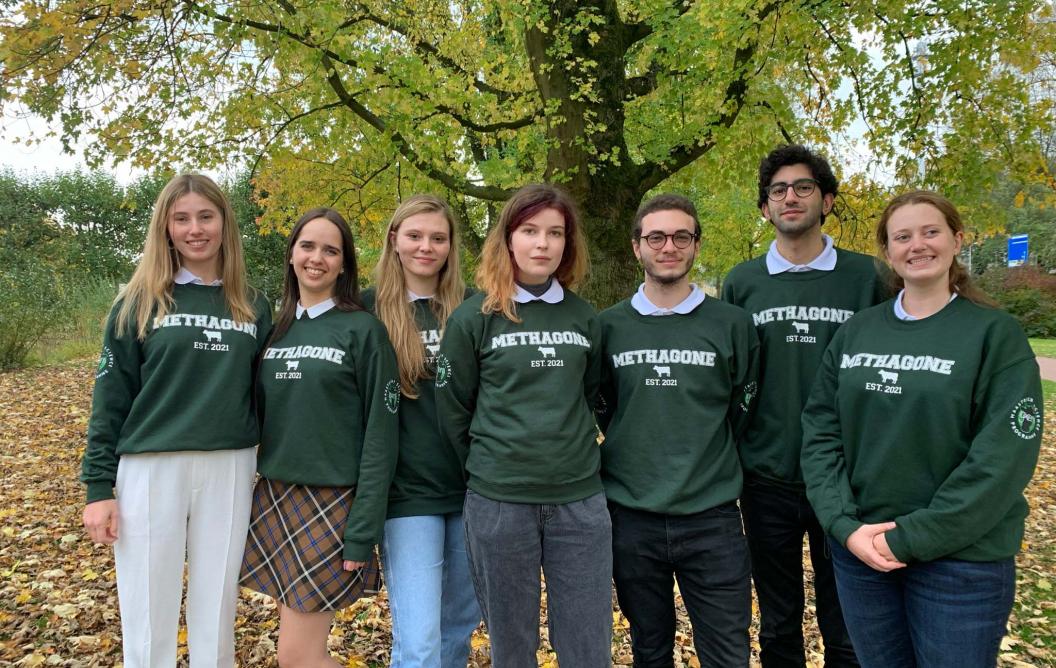Silver medal in the prestigious iGEM competition in synthetic biology
For the second time in a row, a UM team has managed to win a silver medal in the prestigious iGEM (International Genetically Engineered Machine) competition in synthetic biology. The team, led by Dr. Erik Steen Redeker, consisted this year of 12 students from the Maastricht Science Programme and the master's programmes Systems Biology and Biomedical Sciences.
Synthetic biology is a relatively new field of research. It combines methods from different scientific disciplines and looks at biology from an engineering perspective. With the decreased costs and the growing ease with which we can read, write and 'print' DNA today, biological systems or even entire microorganisms can be reprogrammed, as it were, to create certain properties or perform specific tasks. Think, for example, of making medicines, optimizing food production, detecting disease markers in the blood, detecting or breaking down harmful substances in the environment or helping to solve the climate problem.
Molecules from seaweed
The latter was the goal of the UM iGEM team of 2021. With their project, MethaGone, the team used synthetic biology to find a solution to the problem of greenhouse gases, in particular methane emissions from cows. Although methane is emitted in smaller amounts worldwide than CO2, the potential to warm the planet is more than 20 times greater. So it's a serious issue that's gotten a lot of attention in recent months. In recent research, scientists have found that adding small amounts of a certain type of seaweed to cattle feed caused cows to produce about 80% less methane. However, it is difficult to grow large amounts of seaweed. Inspired by this research, the UM team designed an E. coli to have the same effect, by adding a selection of genes from the seaweed to the bacteria. These genes will give the bacteria the genetic instructions to produce certain molecules from the seaweed. These molecules are known to stop other microorganisms in the cow's rumen to produce methane.

Decreasing methane emissions
The idea here is that if this new E. coli is added to the animal feed, the methane emissions from the cows will decrease, just like when adding seaweed.
Over the course of about 8 months, the students not only designed and built the genetic instructions for the bacteria, but also raised money through crowdfunding to carry out the experiments, talked to farmers and politicians, made a documentary and a peer-reviewed iGEM journal. In addition, they designed and built a setup to simulate the rumen of a cow that will be tested in the coming months. The project was presented and defended at the (online) iGEM conference in November where it was awarded a silver medal. It is already the second year in a row that the UM team receives a silver medal in this competition.
Questions?
If you have any questions about this project, iGEM in general or if you are interested in being part of the next iGEM team, please send an email to erik.steenredeker@maastrichtuniversity.nl
Also read
-
Europe Day
To celebrate Europe Day on 9 May, FASoS student Lisa travelled to Brussels to meet with five of our inspiring alumni who are currently shaping European policy and advocacy. In this video, they share why Europe Day matters, how it’s celebrated in Brussels, and what the idea of Europe means to them.

-
The Green Office Catalyses Circularity Projects’ Autonomy
This semester, the Green Office cultivated the untapped potential of the Community Garden and the Clothing Swap Room. We hope that these Circularity Projects will operate under autonomous, functional organisations by this time next year, with continued support from the Green Office and the SUM2030...
-
Evidence-based health tips for students: the science of eating healthy
In the upcoming months, we’ll share tips on Instagram for our students on how to live a healthier life. Not just a random collection, but tips based on actual research happening at our faculty. The brains behind this idea are Lieve Vonken and Gido Metz, PhD candidates at CAPHRI, the Care and Public...

